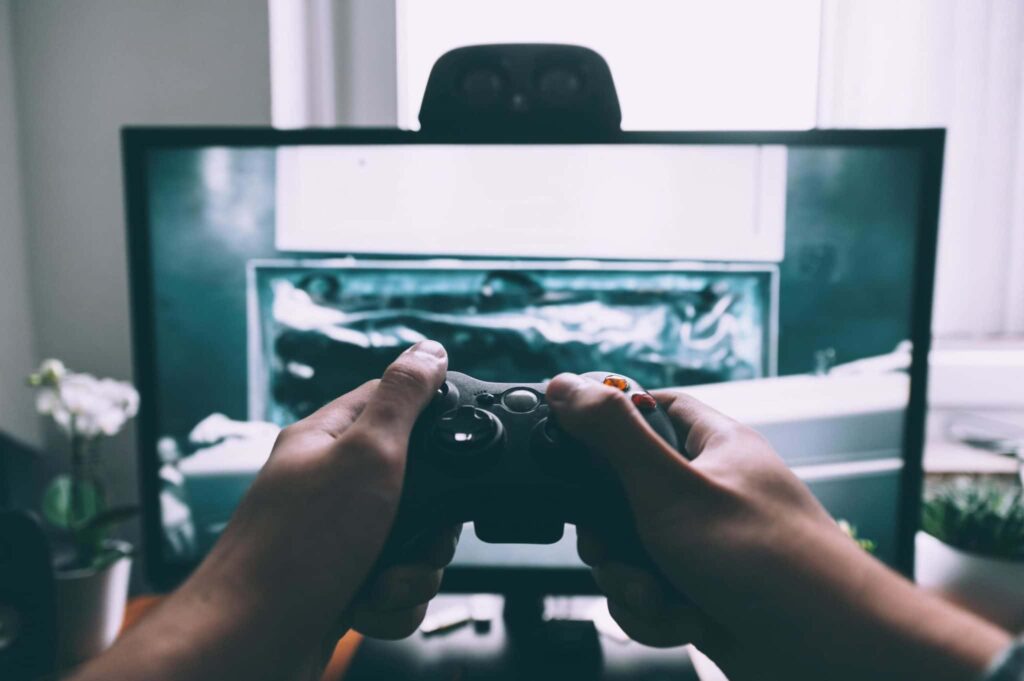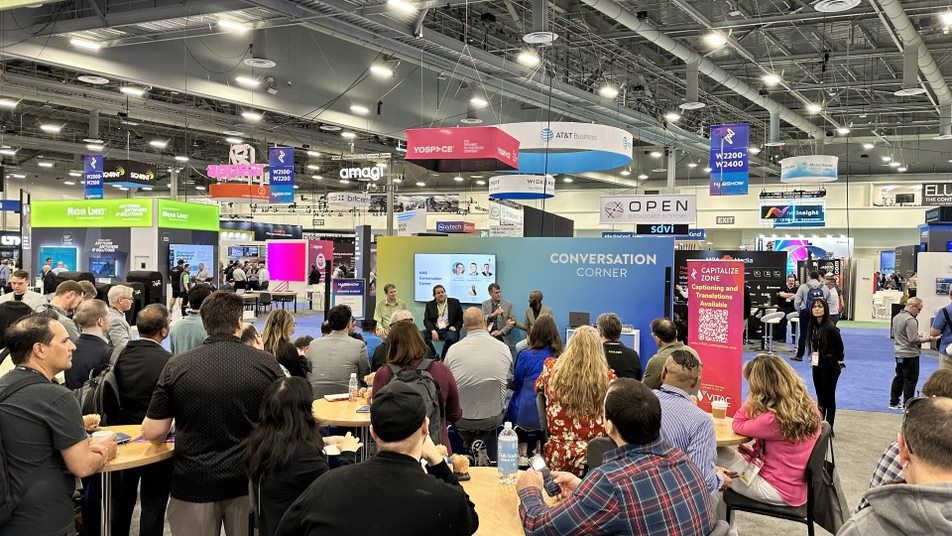
The Federal Communications Commission (FCC) has extended a waiver that temporarily makes video games exempt from the accessibility requirements set forth in the 21st Century Communications and Video Accessibility Act (CVAA).
The FCC’s Consumer and Governmental Affairs Bureau OK’d the extension at the request of the Entertainment Software Association (ESA). The waiver covers video game software that accesses the FCC’s advanced communications services (ACS), such as Internet voice, video conferencing, text and instant messaging, and email. The order extends the waiver, which was set to expire on December 31, 2017, for one more year.
This is the third time since 2012 that the video gaming industry has been granted an exemption, and will be the final time that the FCC will grant such a waiver. The order also requires ESA to submit a progress report to the FCC by July 2, 2018.
The purpose of the CVAA is to make sure that federal accessibility laws created decades ago are updated to include new digital and communications technologies.
 The Act doesn’t require video games in general to become fully accessible but, rather, requires any in-game communication aspects, like in-game chat and any user interfaces needed to play the game, be accessible and usable by individuals with disabilities, such as those in the deaf and hard-of-hearing and visually impaired communities.
The Act doesn’t require video games in general to become fully accessible but, rather, requires any in-game communication aspects, like in-game chat and any user interfaces needed to play the game, be accessible and usable by individuals with disabilities, such as those in the deaf and hard-of-hearing and visually impaired communities.
The FCC says that the waiver extension period will allow game developers and companies additional time to “work on solutions designed to eliminate ACS accessibility barriers, and…continue engaging with the disability community.”
The FCC, though, is encouraged by the video game industry’s “real and demonstrable progress on accessibility solutions over the past year” and specifically points to various video game manufacturers that are now including accessibility features in gaming systems to provide accessible ACS. For example, manufacturers that employ Microsoft’s software development kit for Xbox One and Windows 10 devices now have access to realtime speech-to-text and text-to-speech transcription capabilities, which enable players to read a text transcript of other players’ spoken words and hear machine-generated audio of text typed by other players. Additionally, Nintendo recently released a free mobile app for smartphones that provides near real-time voice chat functionality for people playing its “Splatoon 2” game.
The new deadline for the gaming industry to meet CVAA accessibility requirements is January 1, 2019.




